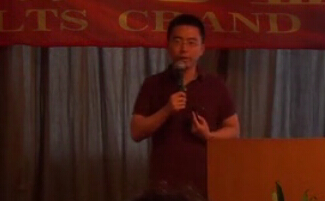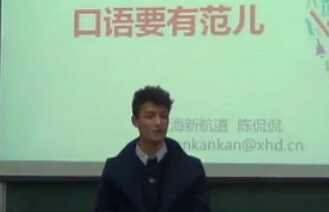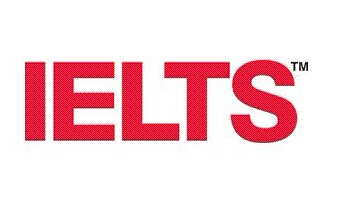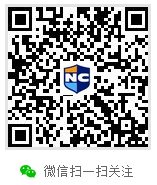雅思阅读材料之Game lessons
2013-10-28 17:24 供稿单位: 新航道
出国英语考试有哪些 雅思6.5是什么水平 雅思阅读评分标准 托福阅读评分标准 雅思和托福的区别
SINCE the beginning of mass education, schools have relied on what is known in educational circles as "chalk and talk". Chalk and blackboard may sometimes be replaced by felt-tip pens and a whiteboard, and electronics in the form of computers may sometimes be bolted on, but the idea of a pedagogue leading his pupils more or less willingly through a day based on periods of study of recognisable academic disciplines, such as mathematics, physics, history, geography and whatever the local language happens to be, has rarely been abandoned.
Abandoning it, though, is what Katie Salen hopes to do. Ms Salen is a games designer and a professor of design and technology at Parsons The New School for Design, in New York. She is also the moving spirit behind Quest to Learn, a new, taxpayer-funded school in that city which is about to open its doors to pupils who will never suffer the indignity of snoring through double French but will, rather, spend their entire days playing games.
Quest to Learn draws on many roots. One is the research of James Gee of the University of Wisconsin. In 2003 Dr Gee published a book called "What Video Games Have to Teach Us About Learning and Literacy", in which he argued that playing such games helps people develop a sense of identity, grasp meaning, learn to follow commands and even pick role models. Another is the MacArthur Foundation's digital media and learning initiative, which began in 2006 and which has acted as a test-bed for some of Ms Salen's ideas about educational-games design. A third is the success of the Bank Street School for Children, an independent primary school in New York that practises what its parent, the nearby Bank Street College of Education, preaches in the way of interdisciplinary teaching methods and the encouragement of pupil collaboration.
Ms Salen is, in effect, seeking to mechanise Bank Street's methods by transferring much of the pedagogic effort from the teachers themselves (who will now act in an advisory role) to a set of video games that she and her colleagues have devised. Instead of chalk and talk, children learn by doing—and do so in a way that tears up the usual subject-based curriculum altogether.
Periods of maths, science, history and so on are no more. Quest to Learn's school day will, rather, be divided into four 90-minute blocks devoted to the study of "domains". Such domains include Codeworlds (a combination of mathematics and English), Being, Space and Place (English and social studies), The Way Things Work (maths and science) and Sports for the Mind (game design and digital literacy). Each domain concludes with a two-week examination called a "Boss Level"—a common phrase in video-game parlance.
Freeing the helots
In one of the units of Being, Space and Place, for example, pupils take on the role of an ancient Spartan who has to assess Athenian strengths and recommend a course of action. In doing so, they learn bits of history, geography and public policy. In a unit of The Way Things Work, they try to inhabit the minds of scientists devising a pathway for a beam of light to reach a target. This lesson touches on maths, optics—and, the organisers hope, creative thinking and teamwork. Another Way-Things-Work unit asks pupils to imagine they are pyramid-builders in ancient Egypt. This means learning about maths and engineering, and something about the country's religion and geography.
Whether things will work the way Ms Salen hopes will, itself, take a few years to find out. The school plans to admit pupils at the age of 12 and keep them until they are 18, so the first batch will not leave until 2016. If it fails, traditionalists will no doubt scoff at the idea that teaching through playing games was ever seriously entertained. If it succeeds, though, it will provide a model that could make chalk and talk redundant. And it will have shown that in education, as in other fields of activity, it is not enough just to apply new technologies to existing processes—for maximum effect you have to apply them in new and imaginative ways.

- 新航道,英语成功之道。时间获取新航道英语学习资料和新鲜资讯,请在微信公众账号中搜索「新航道英语」或者「xhdenglish」,或用手机扫描左方二维码,即可获得新航道每日精华内容推送和英语学习经验分享,并参与新航道举办的各项活动。
精彩专题
更多视频荟萃
更多
-
新航道姚骏鹏-雅思阅读高分攻略
时长:03-06

-
新航道陈侃侃-雅思口语要有范儿
时长:03-06

-
【3分钟学雅思】王大锤告诉你为啥药不能停
时长:01-12

-
【3分钟学雅思】全世界个感官餐厅
时长:01-12
热门文章
更多
-
8月31日雅思广州考机考初体验
选择机考模式的考生将通过机考模式参加听...








